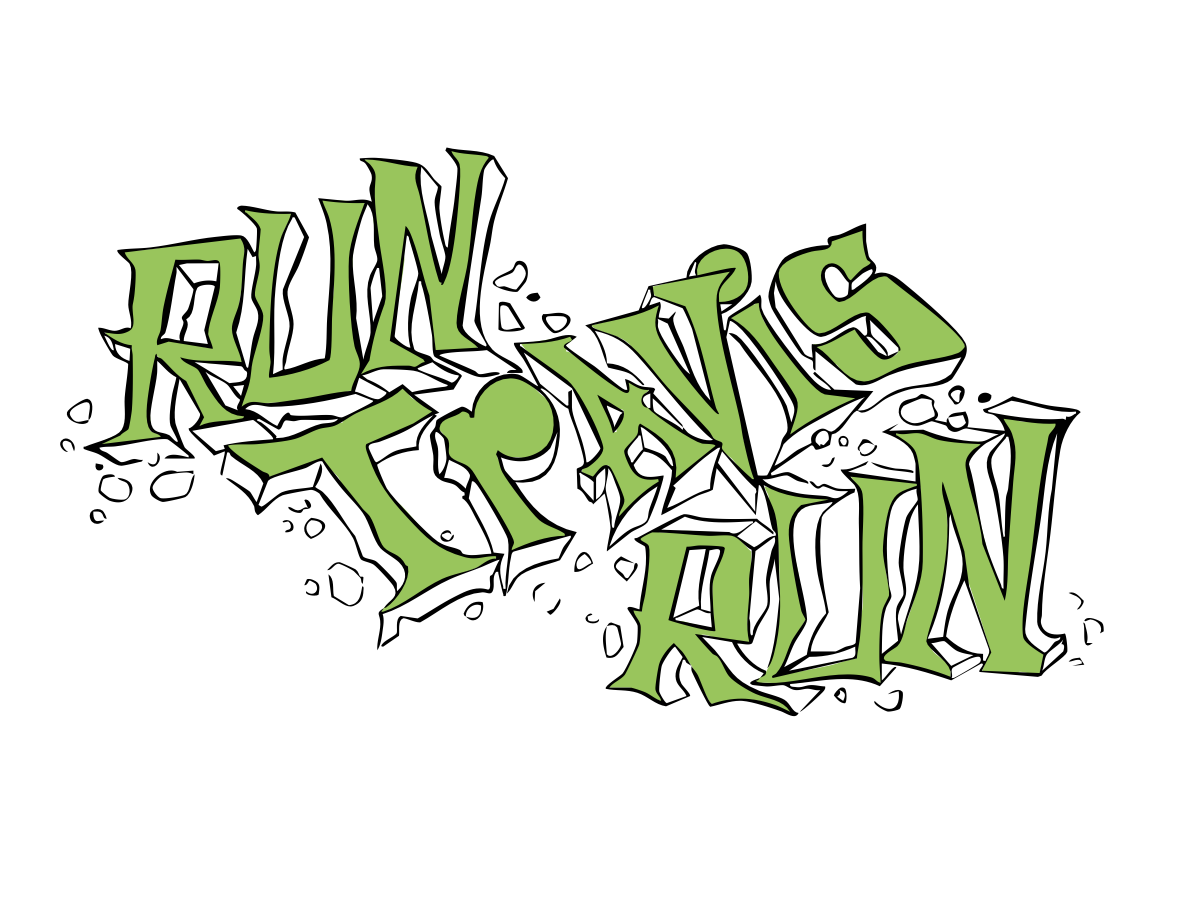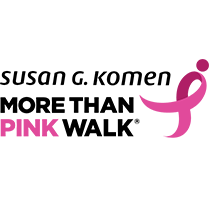Volunteer Coordinator Tips & Strategies (Tutorial, Guide, 101, Trade Secrets)
Here are some volunteer coordinator tips and strategies. Based on Tim Bradley's experience as a volunteer coordinator for several years.
Few big shifts, or many small shifts?
- Recommended: Combine as many small shifts as you can into big shifts. For example, combine Packet Pickup, Shirts, and Volunteer Check In into one shift called Expo.
- This has numerous benefits, for example, reports are more readable, volunteer instructions emailing is easier, volunteers are more flexible about what shift they are assigned, etc.
- Have volunteers sign in, gather a group of them, give them an orientation if needed, then walk the group to various spots and start dropping off volunteers.
- Alternative: Have many small shifts.
- Instead of walking them to their spots, have the volunteer check in people tell them where their spots are and have them walk themselves.
Buffer
- Recommended: Use a x2 buffer (assumes 50% no show) for volunteer shifts. High buffers are needed on websites that let groups reserve spots. You can use a lower buffer for websites without groups.
- Alternative: Use a low buffer/no buffer, and a "Flexible - Help Where Needed" shift to top off.
Shift Design
- 4-5 hours is the ideal shift length
- Volunteers don't mind long shifts, as long as you provide a meal. I did a survey one time and 50% responded with a number 5 hours or higher.
- Weekday shifts (Friday expo) are hard to recruit for. High school students are in school.
- Combine your 2 short weekday expo shifts into 1 long shift so you don't have to recruit as many volunteers.
- Shifts before 6AM are slightly harder to recruit for.
- Shifts before 4AM are extremely hard to recruit for. You may have to hire staff.
- Add shift codes (A1, A2, B1, C1, etc.) to the beginning of your shifts.
- Small shifts (25 slots or less) sometimes have high attrition. I've had 16 sign up and only 1 show up before. I've also had 4 out of 22 before. I don't have this problem with bigger shifts.
- If you have 2 expo shifts on a Friday, start the 2nd shift at 3:30PM or 4PM to give high school students time to get out of school.
- Be as precise as you can with your target # of volunteers. Try not to over-recruit. Having nothing to do is not a great experience for volunteers.
- 2 volunteers per 8 foot table is a good rule of thumb. This works great for water stations, registration, packet pickup, and many parts of the finish line.
Timeline
- Open volunteer registration 16 weeks out.
- Send your first e-mail blast 11 weeks out.
- Starting at 4 weeks out, and every week thereafter, send group leader reminders to groups that have pledged volunteers but whose group members haven't signed up many folks yet.
- Optional: During event week, text your group leaders with low signups. It's important to get them to cancel or revise their estimates down if they are not planning to attend.
- Never close registration manually. Let the shifts auto close when they get full. Accept volunteer signups until event day.
Shirts
- Always order shirts. It's industry standard, helpful for identifying volunteers, and a souvenir.
- Order these sizes: small, medium, large, extra large, and 2X.
- Ignore the volunteer database shirt sizes and order using generic percentages: 26% small, 28% medium, 23% large, 13% XL, 10% 2X
- Use a 25% (x1.25) or a 40% buffer (x1.4) when ordering shirts.
- Ordering based on the # of volunteers total that signed in last year, then adding the buffer mentioned above, is often the most accurate way to order shirts.
Recruitment
- It's a numbers game. You need to spread the word about your event to as many people as possible, without bugging them too much.
- E-mail is king. You can tell thousands of people about your event, and barely bug them.
- Keep a "master volunteer list" of e-mail addresses for each county your company has events in. Combine all your e-mail addresses for all your events in that county. Add multiple years.
- Volunteer groups are key. Make sure to track volunteer group leaders, and add them to your master volunteer list too.
- High school groups make up the majority of volunteers.
- Best recruitment techniques:
- E-mail blast to master volunteer list and/or volunteer group leaders list (up to 5 times)
- Link to volunteer signup form placed prominently on event website
- E-mail trade with local event production company's big volunteer list
- E-mail blast to master participant list offering a discount/comp for a future event
- E-mail blast offering a donation to list of volunteer groups that have accepted donations before - sports teams and ROTC's are the most likely to be motivated by a donation
- Decent recruitment techniques:
- Hand typed e-mail to group leaders (more personal)
- Text all of last year's volunteers or last year's group leaders
- E-mail blast to master participant list (1 time)
- Poor recruitment techniques:
- Data mine e-mail addresses from school websites - service clubs, sports teams, ROTC's. You can find super ROTCs this way, but you have to data mine thousands of email addresses for it to work.
- Thank you e-mail link trades with other races
- Not recommended. Not a good use of time:
- Cold calling
- Facebook ads
- Posting on volunteer websites - VolunteerMatch
- Posting on general websites - CraigsList, EventBrite
- Social media posts
- Start earlier for big events. Doing 1st email blast 15 weeks out instead of 10 weeks out adds 10% more volunteers.
Retention
- There's a couple of things that can ruin a volunteer's experience if done improperly: food, shirts, parking, group donations, over-recruiting, or being too strict.
- Feed your volunteers. See "Food" section below for details.
- Make sure you don't run out of volunteer shirts.
- Arrange for all shifts to receive free volunteer parking.
- If a volunteer gets charged for parking and needs reimbursement, make the process smooth. For example, pay them in cash and then put it in your expense report.
- Use a Google Form to collect the info you need from groups receiving donations. Typical info is "pay to the order of", mailing address, and tax ID number.
- For group donations, if the event company will allow it, skip W-9's and just use a Google Form. The W-9 process for high school clubs can be a real pain. Or generate the W-9's yourself.
- Send a thank you e-mail a couple of days after your event.
- Include a way to request a verification letter in your thank you e-mail, and provide verification letters in a timely manner.
- If there is rain in the forecast, make sure to provide ponchos for all volunteers working outdoors.
- To gather feedback, set up a survey in Google Forms, with scales of 1 to 5, and a couple text boxes at the end. And include a link to it in your thank you email. For some reason, volunteers will not email you if you ask them to email you feedback, but several will fill out a survey.
Food
- Feed expo/packet pickup volunteers a meal, even for 4 hour shifts. Order Dominos. It's inexpensive ($2 per person) and they deliver. Also feed them snacks and water bottles.
- Feed start/finish volunteers breakfast. Buy muffins and danishes at Vons the day before.
- Don't get coffee and don't make coffee. It's too much hassle.
- Feed water station volunteers snacks. Buy them at Vons the day before, then place them in water station trucks the day before.
- For expo/packet pickup snacks, hand them out every hour or so. Don't set them all out for the volunteers to take. Certain volunteers will take more snacks than they should and you will run out.
Email Blast Design
- Focus on one thing. Have one goal, one event, and one link/button per e-mail blast. Don't try to both recruit volunteers and get runner registrations. Don't try to both recruit volunteers for more than one event.
- Do not include minor links in your e-mail blast, such as to the event website. The minor links will steal clicks from your button.
- Always include an image - race logo, picture of volunteers, etc.
- Don't make your text or buttons an image. Many e-mail clients block images by default. And if your e-mail doesn't have enough body text, it may be flagged as spam.
- E-mail blasts increase signups for about 24 hours.
Volunteer Registration Website
- Use a good volunteer registration website. It will save you a ton of time.
- Volunteer signup should be one page and not require an account.
- Don't over-collect data. The basics are name, e-mail address, cell phone number, group name, group leader yes/no, and waiver signature.
- Address, birthdate, emergency contact, etc. aren't really needed and make the volunteer page more time consuming to fill out.
- Ask for cell phone number rather than home or office number. Home and office numbers aren't going to work on event morning. Cell phone numbers of group leaders can be texted.
- The signup form should ask them if they're a group leader or not. You may want to pull a list of your group leaders at some point.
- The confirmation email should recap what shifts they signed up for.
- Good feature - prevent duplicate signups.
- Good feature - let volunteers create their own groups. It eliminates lots of back and forth e-mailing, and lots of tracking in Excel.
- Good feature - verification letter generator.
- Good feature - load balancing by highlighting shifts with low signups.
- Good feature - waiver generator.
- Good feature - group leader reminder emails (for groups with low signups).
- TitanVolunteers.com provides all of these features, and your first event is free.
Load Balancing
- Very important to spread volunteers evenly between available shifts.
- Suggest using a website that highlights low shifts, to encourage volunteer groups to sign up for those.
- If you have several shifts above 50% and several below 50%, close the above 50% shifts until the others reach above 50%.
- If you're using a website that lets volunteers create groups and reserve spots, make sure to send them reminder emails to have their group members sign up. A group that doesn't have its members sign up will usually flake, so those spots need to get filled or freed up.
Avoid Information Overload
- Email blasts should only focus on recruiting volunteers, not fundraising or recruiting participants.
- Email blasts should only be for one event, not multiple events.
- Volunteer signup page should collect the minimum amount of information possible. Make it easy for people to sign up!
- Volunteer instructions email should focus completely on getting the volunteer parked and to the check in tent. All other training should be provided on site.
Miscellaneous
- On your event website, don't bury the volunteer link. I like to have a link on the top menu level. No sub-menu.
- On your event website, have your volunteer page link go straight to your volunteer registration website. No page in between.
- If a volunteer group leader wants a specific shift, try to accommodate them. They will probably drop if they don't get the shift they want.
- Have course monitors check in at a central location. Don't try to have them go straight to their posts.
- Volunteers are not staff members. If a job is mission critical, hire a staff member.
- The more detailed your volunteer instructions document, the less phone calls you'll get on event morning.
- When you become the volunteer coordinator of an event, ask for the previous year's 1) list of volunteer shifts, and 2) list of volunteer e-mail addresses.
- If your shift dates and times change, minimize the number of emails you send out about this. Maybe just announce it during event week.
What do YOU think?
I'm always happy to talk shop and trade ideas with other Volunteer Coordinators. Do you disagree with anything I said? Do you think I should add something? Shoot me an e-mail at .
Try TitanVolunteers.com
First event free. Sign up today!






